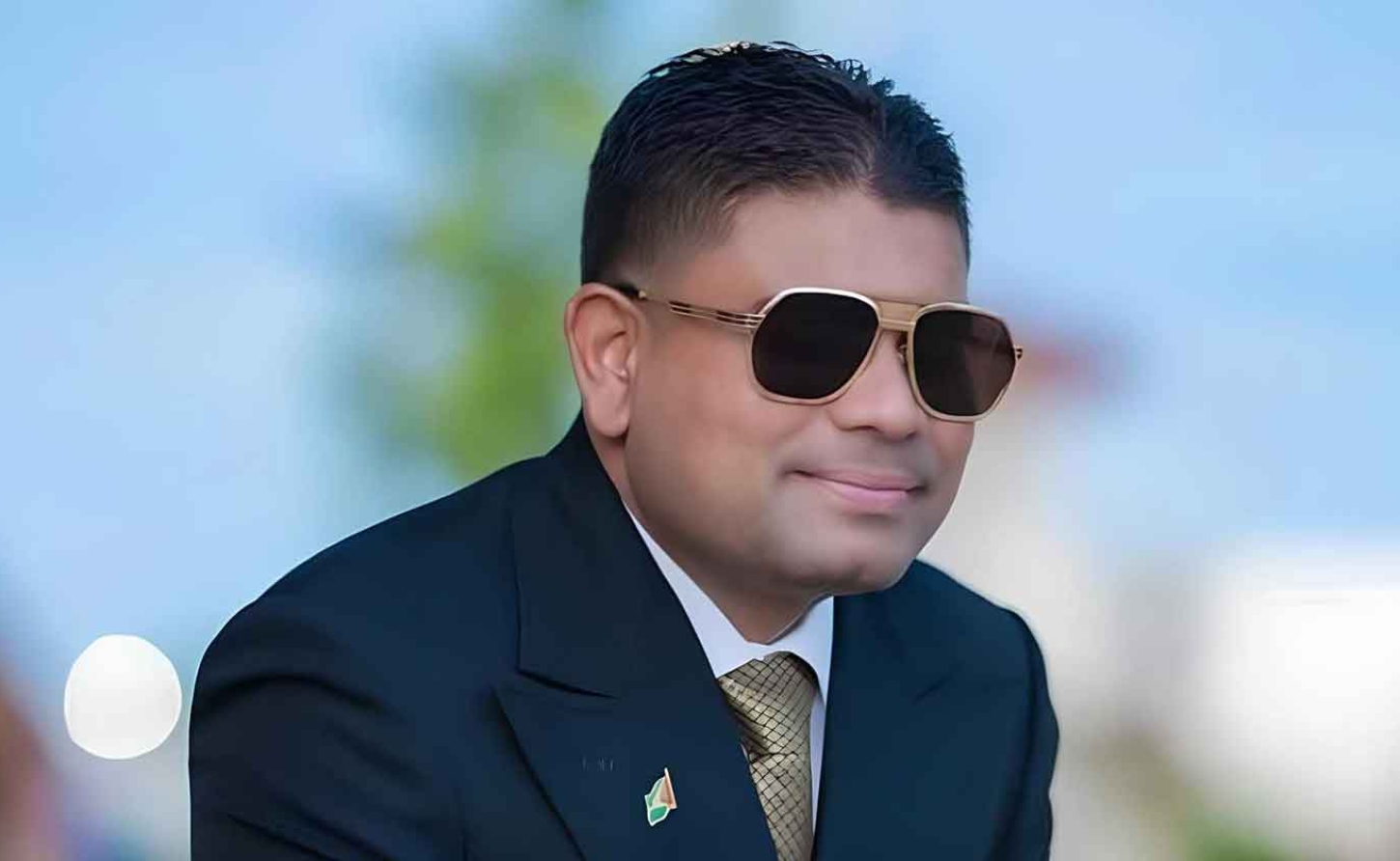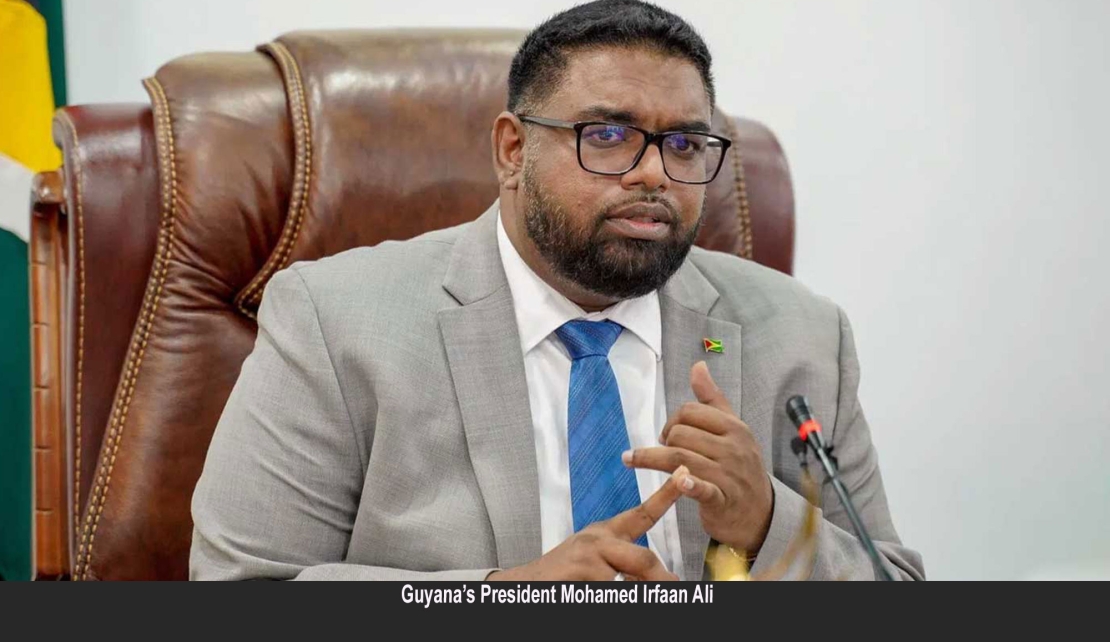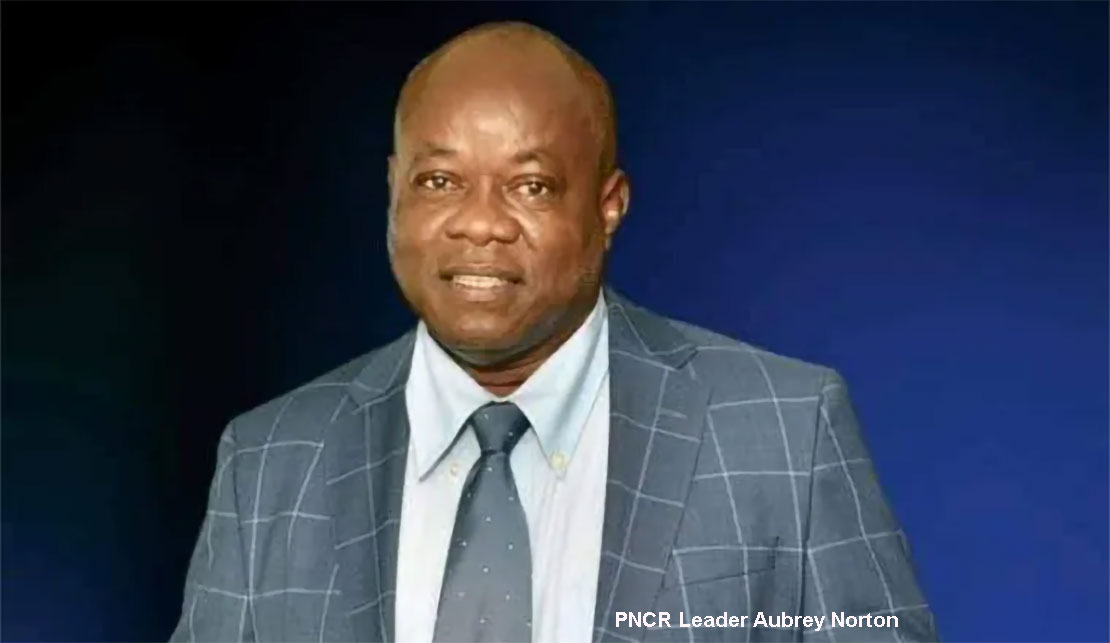GUYANA | Kingmaker in Waiting: How WIN's Electoral Insurgency Is Rewriting Guyana's Political Calculus

GEORGETOWN, Guyana, September 1, 2025 -— In the sweltering heat of election night, while GECOM officials fumed and establishment politicians nervously checked their phones, a third force was quietly documenting what might be Guyana's most consequential political upset in decades.
The We Invest in Nationhood (WIN) party, dismissed by many as spoilers just months ago, appeared to be threading a needle that seasoned observers thought impossible: making both the ruling PPP sweat and leaving the opposition PNC gasping for relevance.
The first sign that something extraordinary was unfolding came not from official channels but from Team Mohamed's Facebook page, where signed Statements of Poll began appearing with almost rebellious urgency.
Chief Election Officer Vishnu Persaud's apoplectic response—calling it a "despicable act"—revealed more than procedural outrage. It exposed raw establishment panic at losing control of the narrative.
The Numbers Game

By mimicking the PPP's own playbook from the contentious 2020 elections, they forced GECOM into an impossible position: condemn WIN's actions while defending the PPP's identical behavior from five years prior, or remain silent and cede the information battlefield.
"GECOM will not be allowed to manipulate the voters' statistics because GECOM cannot be trusted," a WIN insider confided to reporters, articulating what many Guyanese have whispered for years but few politicians dare say aloud.
This isn't mere electoral gamesmanship; it's a direct challenge to an electoral apparatus many view as compromised.
The early indicators, while incomplete, suggest something remarkable: WIN isn't just surviving—they're thriving in constituencies where conventional wisdom said they'd be crushed. Their careful avoidance of outright victory claims speaks to strategic sophistication.
They understand that in Guyana's charged political atmosphere, premature celebration invites sabotage. Better to let the numbers speak while maintaining plausible deniability about their ultimate intentions.
David vs. Two Goliaths
WIN's emergence as a genuine force represents more than electoral variety—it's a fundamental rupture in Guyana's ossified ethnic voting patterns. For decades, the PPP and PNC have operated as ethnic franchises, the PPP commanding Indo-Guyanese loyalty while the PNC claimed Afro-Guyanese allegiance.
WIN's message—that oil wealth should transcend racial boundaries—appears to have found purchase among voters exhausted by this binary prison.
The PNC's apparent collapse is perhaps the evening's most stunning development. Multiple sources suggest their polling numbers are catastrophic, with traditional strongholds showing unprecedented defections.
One Georgetown resident, speaking on condition of anonymity, captured the mood: "People tired of choosing between two types of disappointment. WIN offering something different—maybe naive, maybe not, but different."
This isn't just about one election. If WIN has indeed broken the PNC's grip on opposition politics while simultaneously threatening the PPP's dominance, they've shattered a duopoly that has shaped Guyanese democracy since independence.
The implications ripple far beyond Georgetown, potentially inspiring similar movements across the Caribbean where entrenched parties have monopolized power for generations.
 Leader of the People's National Congress, Aubrey NortonThe Battle for Georgetown
Leader of the People's National Congress, Aubrey NortonThe Battle for Georgetown

The most revealing drama unfolded not in vote counts but in the systematic harassment WIN's polling agents faced in Georgetown. Tabitha Sarabo-Halley's live-streamed odyssey through the capital's polling stations exposed a coordinated obstruction campaign that would embarrass a banana republic.
"My polling agents were outside sometimes for almost an hour, and as soon as I turned up, suddenly smiles, yes, they can come in," Sarabo-Halley recounted, her measured tone barely concealing fury.
The pattern was unmistakable: GECOM-issued credentials that worked flawlessly on the East Bank and East Coast mysteriously became problematic in Georgetown, where establishment control runs deepest.
The psychological warfare was deliberate and cruel. Some WIN agents, demoralized by hours of arbitrary delays and hostile treatment from polling staff and police, simply gave up and left.
This wasn't incompetence—it was strategy. Every absent WIN agent represented unchallenged opportunities for the irregularities that have plagued Guyanese elections for decades.
The Northwest Gambit
While Georgetown witnessed bureaucratic obstruction, the Northwest District allegedly saw something more brazen: old-fashioned vote-buying. WIN's allegations that PPP operatives offered G$10,000 per vote in Arakaka might shock international observers, but locals merely shrugged.
What did raise eyebrows was the sophistication of the alleged intimidation infrastructure—strategically placed tents near polling stations, branded and unbranded, creating a gauntlet of pressure for vulnerable voters.
The PPP's alleged desperation makes strategic sense. The Northwest, with its Indigenous communities historically marginalized by coastal politics, represents exactly the constituency WIN has courted aggressively. Losing these voters wouldn't just cost seats—it would symbolize the PPP's failure to maintain its coalition while oil billions flow.
The Morning After Scenarios
WIN's refusal to declare victory, even as their supporters celebrate in Georgetown's streets, reflects sophisticated political calculation. They understand they've already won something more valuable than an outright majority: leverage.
Whether they've secured enough seats to form a government or merely enough to play kingmaker, they've positioned themselves as indispensable to Guyana's immediate future.
The scenarios are intoxicating for a party that barely registered in polls three months ago having been established in May. A coalition with a weakened PNC could create probably Guyana's most broad based government.
Alternatively, tactical support for a chastened PPP could extract unprecedented concessions on oil revenue distribution and constitutional reform. The very existence of these options represents a tectonic shift in Guyanese politics.
For the Caribbean watching nervously, WIN's rise offers both inspiration and warning. It proves that entrenched political dynasties can be challenged, that voters will embrace alternatives when sufficiently frustrated.
But it also demonstrates how desperately those establishments will fight to preserve power, even at democracy's expense.
As Guyana awaits official results, one thing is certain: September 1, 2025, will be remembered as the day the possible became inevitable, when a nation's political imagination finally outgrew the narrow confines imposed by history and fear.
-30-
